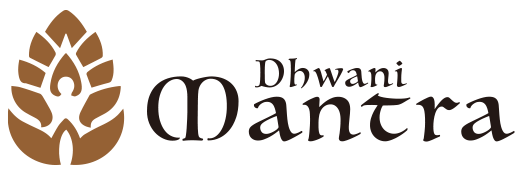We offer transformative singing bowl classes designed to reduce stress, promote deep relaxation, and enhance your well-being. Explore the ancient practice of singing bowls and discover the profound impact of sound therapy.
Contact Us
- +886 955 936 147
- info@dhwanimantra.com
- No.62, Lane 168, Yangguang St, Neihu District, Taipei, Taiwan
